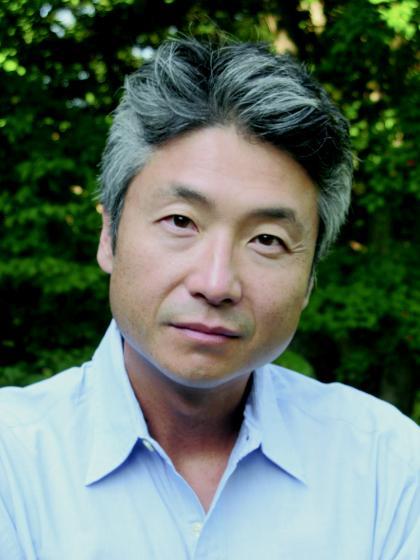Chang-rae Lee, author of five novels and a professor of English at Stanford, is the 2017 winner of Longwood’s Dos Passos Prize for Literature.
Selected from a shortlist of five noted American authors, Lee explores themes of immigration, identity, alienation and the intricacies of the Asian American experience in his work.
His novels have won numerous awards and citations, including the Hemingway Foundation/PEN Award, the American Book Award, and the Dayton Literary Peace Prize. The Surrendered was a finalist for the Pulitzer Prize; On Such a Full Sea was a finalist for the National Book Critics Circle and won the Heartland Fiction Prize. His other novels are Native Speaker, A Gesture Life and Aloft.
Chang-rae Lee
Presentation of the Dos Passos Prize is set for March 21, 2018. Lee will be on the Longwood campus to visit classes and to read from his work after the presentation.
Lee, who moved with his family from South Korea to the United States when he was 3, has said his writing is a product of his love of reading, which began at an early age.
“I remember the couch in my parents’ old house where I just sat and read books all day when I was a child and was just amazed, aghast, shocked, titillated and moved by it all,” he said in an interview on the Stanford website. “That’s really what reading is for me— feeling alive in a way that feels sustaining rather than sensational or momentary. Then, at some point, one thinks, ‘Wouldn’t it be nice to be able to write something that gives another person that kind of feeling?’”
The Ward W. and Priscilla B. Woods Professor at Stanford since 2016, Lee previously was a creative writing professor and director of the Program in Creative Writing at Princeton.
The Dos Passos Prize, launched in 1980 and named for the talented but often overlooked 20th-century American writer, is the premier literary prize given by a Virginia university. The selection committee looks for works that explore specifically American themes, experiment with form and encompass a range of human experiences.



Leave a Comment